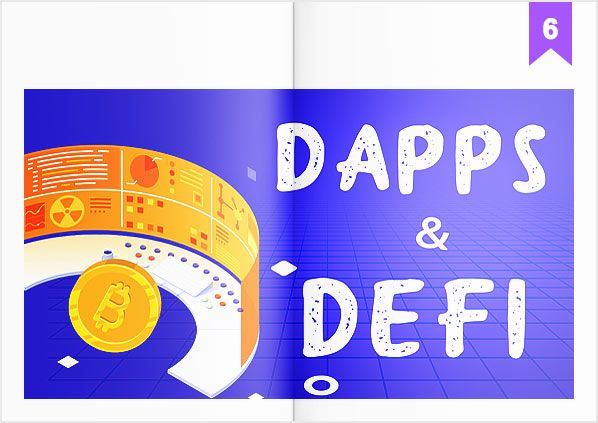What is Initial Coin Offering (ICO)?
Let's find out Initial Coin Offering (ICO) meaning, definition in crypto, what is Initial Coin Offering (ICO), and all other detailed facts.
Initial coin offering (ICO) can be used by cryptocurrency or blockchain companies that want to raise funds for their new service, app, or coin. It is commonly regarded as an answer to initial public offerings (IPOs).
An ICO usually starts with a whitepaper outlining the project's goals, the number of tokens that will be mined, and how they will be distributed. If the investors purchase tokens early on in a campaign, they might get reduced prices or receive discounts if cryptocurrencies are used instead of fiat currencies to make a purchase.
Tokens sold through ICO allow the owner to exchange them for access to services or products. In exceptional situations, they might reflect an ownership stake in the start-up that initiated the listing.
However, in recent years, ICOs gained a reputation for being extremely risky investments, and sometimes even were identified as exit scams because ICOs can be easily used by scammers and market manipulators.
The ease with which an ICO can be formed without regulatory control, meaning that they frequently attract inexperienced investors, is one of the most common complaints of ICOs. Because of that, security token offerings (STOs) and initial exchange offerings (IEOs) are better alternatives to ICOs.
The U.S. Securities and Exchange Commission has taken some actions against some projects including ICOs. For instance, Telegram was ordered to repay $1.2 billion to investors as part of a preliminary injunction imposed by the District Court for the Southern District of New York, as well as pay an $18.5 million civil penalty.









